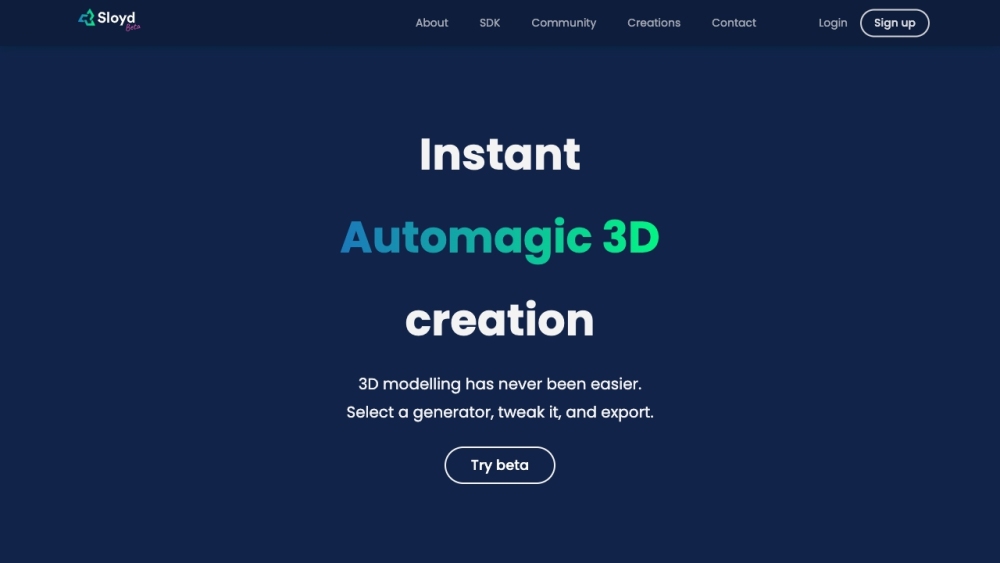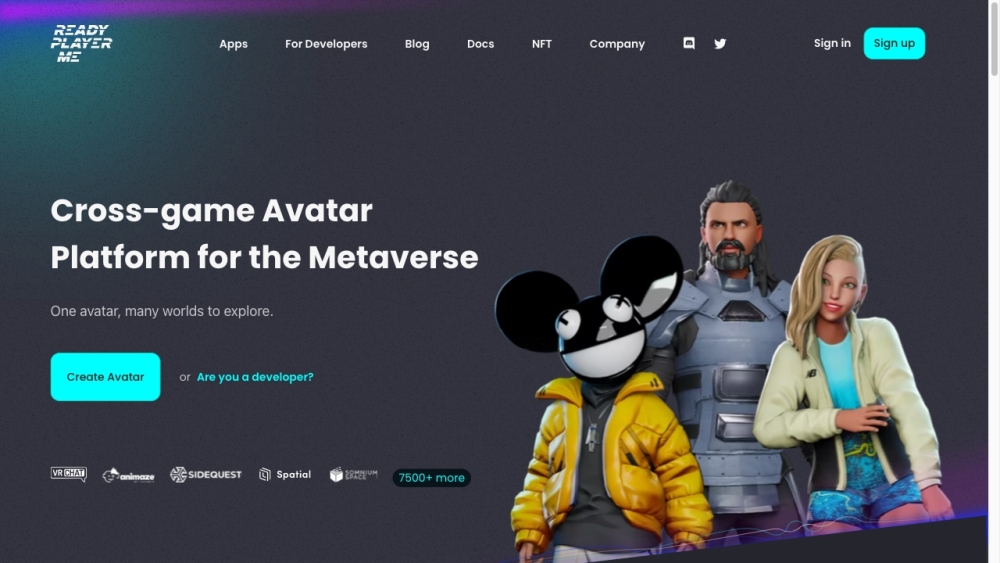Recently, OpenAI, a leading company in the artificial intelligence sector, has found itself embroiled in controversy over data collection compliance. According to reports from The Wall Street Journal and The New York Times, OpenAI is facing allegations of unauthorized use of YouTube content to train its text-to-video model, Sora.
These claims have elicited strong reactions from Google and YouTube. Google spokesperson Matt Bryant stated that unauthorized scraping or downloading of YouTube content is strictly prohibited, as outlined in Google's robots.txt file and terms of service. YouTube CEO Neal Mohan also expressed concerns about OpenAI in an interview with Bloomberg, asserting that its actions likely violate YouTube’s service terms. Although there is no direct evidence confirming that OpenAI has indeed used YouTube videos, the CEO's comments have raised alarms, highlighting questions about OpenAI's data collection transparency and compliance.
OpenAI's CTO Mira Murati provided vague responses regarding the sources of the training data for Sora during an interview, further intensifying public skepticism about the company's data practices. The reality is that training large language models requires vast amounts of data to enhance algorithmic learning and optimization. However, as awareness of data protection increases and copyright regulations tighten, obtaining compliant training data has become increasingly challenging. Some AI companies may feel pressured to resort to unethical methods, raising significant concerns about data security and privacy.
For OpenAI, a pressing challenge will be to balance the need for high-quality and abundant data while adhering to legal regulations and respecting copyright. This incident serves as a stark reminder to the entire tech industry that, in the pursuit of innovation and profit, ethical standards and legal boundaries must not be overlooked.
An investigation is currently underway regarding OpenAI's potential improper use of YouTube videos. We hope regulatory authorities will swiftly clarify the situation to ensure data security and uphold copyright integrity. Additionally, we encourage OpenAI to take this matter seriously and enhance its compliance management in data collection and usage, contributing positively to the sustainable development of the AI industry.
In our rapidly evolving world, artificial intelligence—a cutting-edge technology—is profoundly influencing our lives and societal structures. As technology advances and applications expand, it is imperative that we remain vigilant about data security and privacy protection. Only by ensuring compliance and ethics can AI deliver genuine benefits and progress for humanity.




